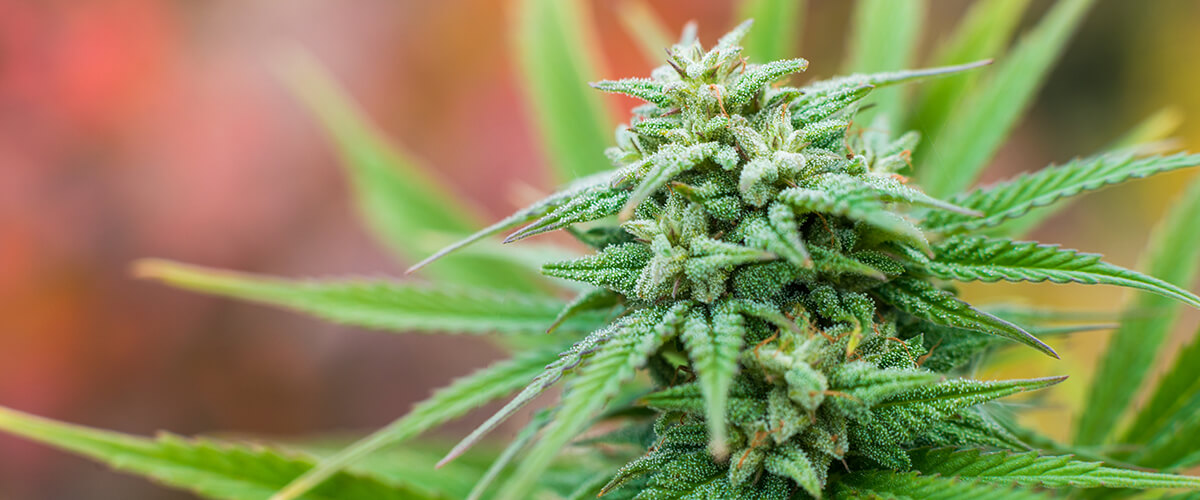The restrictive rules approved by the Oklahoma State Board of Health were immediately met with widespread criticism and legal challenges.
Oklahoma Attorney General Mike Hunter announced today he would assign a team of attorneys to review the legal challenges to the emergency rules passed by the Oklahoma State Board of Health implementing medical marijuana. At least two lawsuits were filed just days after the board approved the regulations for implementing medical marijuana. At the final meeting, the board voted to approve a series of controversial provisions that quickly drew widespread bipartisan outrage.
Last June, 57 percent of Oklahoma voters approved State Question 788, a broad medical marijuana initiative that required swift implementation.
In anticipation that the measure would be approved, the Department of Health had already been working on the emergency regulations. Gov. Mary Fallin quickly signed the rules a day after they were introduced.
“These rules are the best place to start in developing a proper regulatory framework for medical marijuana, with the highest priority given to the health and safety of Oklahomans,” Fallin said. “They are also the quickest and most cost-efficient way to get the process actually started as required by the law passed by the people.”
But, advocates and Oklahoma patients were immediately concerned with several of the last-second amendments they believed were inconsistent with the measure approved by voters.
Under the new emergency rules:
- Smokable and edible forms of medical marijuana are banned from being sold in dispensaries.
- Infused cannabis products with more than 12 percent THC and plants with more than 20 percent THC are prohibited from being sold.
- Dispensaries are required to hire a pharmacist.
- Physicians are required to register with the state, complete medical cannabis training, and screen patients for substance abuse and mental health issues before making recommendations.
- Physicians are required to perform a pregnancy test on females of childbearing years before recommending cannabis.
The lawsuits claim that the board exceeded their scope of authority when deciding to add the amendments that prohibit smokable and edible products and require a pharmacist on staff. Advocates are concerned that the restrictions will limit access and drive up costs.
Hunter said that his office would review the legal challenges to the agency’s rules, claiming he agreed that the board overstepped.
“The current rules contain provisions that are inconsistent with the plain language of State Question 788 and the State Board of Health acted outside of its authority when it voted to implement them,” Hunter said. “Although I didn’t support State Question 788, the people of the state have spoken and I have a legal duty to honor the decision made by the electorate. My advice today is made pursuant to that responsibility as attorney general.”
Shortly after Hunter’s remarks, the president of the Oklahoma State Board of Health, Tim Starkey, announced a special meeting would be called to consider changes to the rules.
“The Board of Health appreciates the quick review by the Attorney General and acknowledges the advice and counsel regarding the prior adoption of emergency rules on State Question 788,” said Starkey. “The legal analysis by the Attorney General provides clarity on several rules and the legal authority we have to construct a regulatory framework for a state-wide medical marijuana program.”
Oklahoma State Question 788 becomes law July 26, and the state health department will begin accepting licensing applications by August 25. The lawsuits do not seek an emergency injunction, so they will not stop marijuana regulations from going into effect.

State Question 788
Under State Question 788, adults 18 years and older can obtain a license for medical marijuana with the recommendation of a board-certified physician. Minors can also register for medical marijuana, provided they have the approval of two doctors and their parent or legal guardian.
Rather than have a list of conditions that qualify a patient for medical marijuana, Oklahoma’s law allows doctors to recommend cannabis for any disease, disorder, or symptom they see fit.
Patients registered with the program will be allowed to buy and possess up to 8 ounces of marijuana and grow up to six mature plants and six seedlings.
More on Medical Marijuana
You can learn more about Oklahoma’s medical marijuana program, and cannabis laws throughout the U.S., through our education page. Stay on top of the latest cannabis industry updates visiting our news page.






